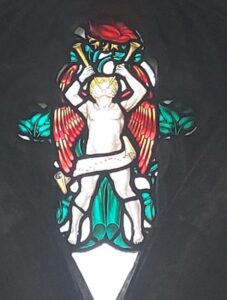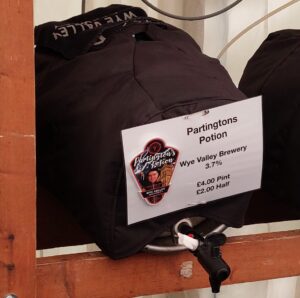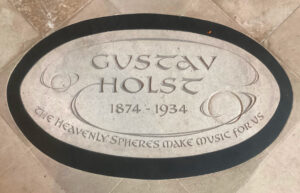Bath Abbey Chamber Choir has not sung outside the Abbey until now. An early promise of a visit to Southwark Cathedral when the choir was a few months old had to be withdrawn, and more recently a planned evensong at our sister foundation of Wells Cathedral was called off at short notice because of filming in the Cathedral that day(!) However, our excursion to Gloucester Cathedral for a Saturday half-term evensong survived. In fact I could have sung Evensong there the following day too, with members of Gloucester Choral Society (the next post will explain what I did instead).
After a brief stint in the Education Centre (now renamed the Learning and Participation Hub but the instrument in the rehearsal room has not changed!) we rehearsed in the Quire. Despite my familiarity with Gloucester Cathedral, I had spent little time there recently – just one evensong during 3 Choirs – but no differences except of course for the digital organ which did its best with Howells in G but didn’t really produce a true Cathedral sound. Perhaps I’d been spoilt by Canterbury’s the previous weekend.
It was a long time since I’d sung Howells in G, in fact my records say I’d only done it twice before although I find that hard to believe as I think of it as a standard setting. I’d sung Bairstow’s Save us O Lord rather more, but still not very often until I encountered it again with the Abbey choir. Our responses were Ayleward, which are the ones we know best.
There are prospects of more ‘away fixtures’ now that we have at last successfully completed one.





